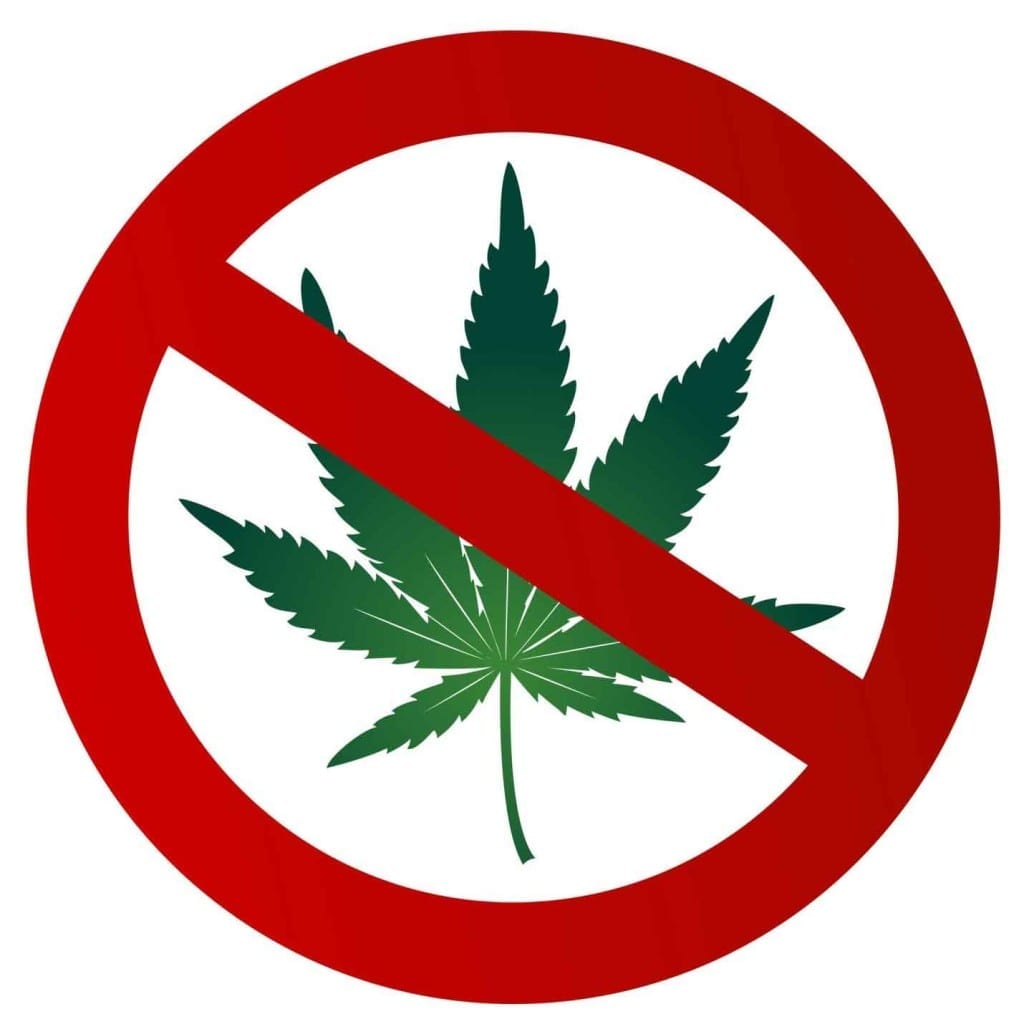Medical Marijuana Proponents in Chicago Still Need to Take Care
Recent changes in Illinois law to allow people to buy, sell, and grow medical marijuana have proponents excited for the future. But even though the state has relaxed many of its laws related to marijuana, don’t make the mistake of thinking that it is completely legal now. There are still a number of restrictions in place, and you have to be careful if you don’t want to run afoul of the law and face serious consequences. One of the most important restrictions for medical marijuana entrepreneurs to know is where they can and can’t grow and sell their product.
Illinois Zoning Laws Limit the Legality of Medical Marijuana
Even though medical marijuana is now legal in Illinois, it’s not legal everywhere, and big parts of a number of communities are going to be completely off-limits. You can find maps showing where dispensaries and medical cannabis cultivation centers will and won’t be allowed here and here, though they’re not all that easy to understand.
Here are the basics of the restrictions laid out more clearly:
Keep away from schools. Dispensaries aren’t allowed to operate within 1,000 feet of a school, and cultivation centers can’t be closer than 2,500 feet.
Avoid day care centers. Much like with schools, dispensaries have to be at least 1,000 feet away, and cultivation centers at least 2,500 feet away.
Don’t go near child care facilities. The restrictions here are the same as those for the other child-based businesses above.
Skip residential neighborhoods. Unlike with schools, day care centers, and child care facilities, there aren’t any numbers here – you simply can’t have a dispensary or cultivation center at all in an area that has been zoned for residential use.
How Limiting Are These Restrictions to Medical Marijuana?
 In a word: very. While technically the new medical marijuana law allows for up to 60 dispensaries and 22 cultivation centers across the state, there are so many schools and other child care facilities that the regulations effectively limit them to remote areas and small, centrally located pockets within cities. Those who want to get into the medical marijuana business in Illinois will need to be very careful and make sure that they follow the maps and go through all proper approvals before moving forward.
In a word: very. While technically the new medical marijuana law allows for up to 60 dispensaries and 22 cultivation centers across the state, there are so many schools and other child care facilities that the regulations effectively limit them to remote areas and small, centrally located pockets within cities. Those who want to get into the medical marijuana business in Illinois will need to be very careful and make sure that they follow the maps and go through all proper approvals before moving forward.
These regulations probably shouldn’t come as much of a surprise, since the Illinois medical marijuana law is already one of the most restrictive in the country. When compared to the almost two dozen other states that have legalized medical marijuana, Illinois is far more limited in which health conditions actually allow you to qualify. Additionally, patients will not only have to carry around marijuana ID cards, but also get a certification from their doctor saying that they can legally use marijuana.
Bottom Line: Enter the Medical Marijuana Business in Illinois Carefully
Ultimately, while our state has decided to make medical marijuana legal, it’s clear that the people in charge are taking a very cautious approach to legalization. Anyone who oversteps the bounds of the law – even by mistake – will be held accountable and possibly even prosecuted more sternly so that they can be an example to others looking to take advantage of this new law. If you thought that you were within your legal rights but find yourself charged with a drug crime related to marijuana, it’s vital that you contact an experienced criminal attorney immediately.
About the Author:
Andrew M. Weisberg is a former felony prosecutor who now serves as a defense attorney in the greater Chicago area. He has extensive experience in handling all types of criminal cases, from sex offenses and violent crimes to theft-related crimes and traffic violations.







 Blog Home
Blog Home 










